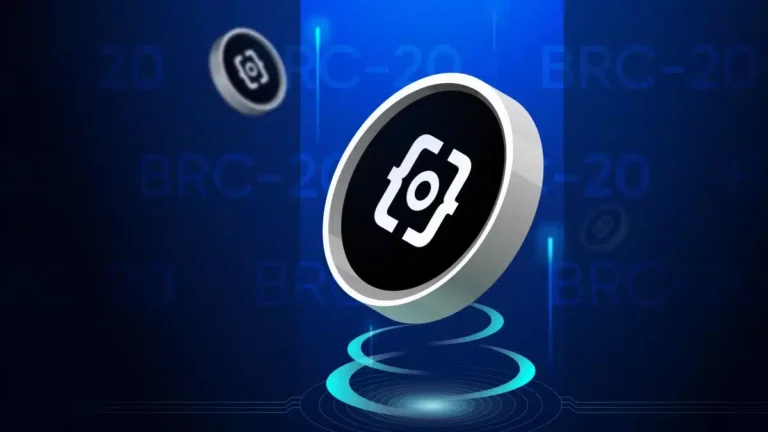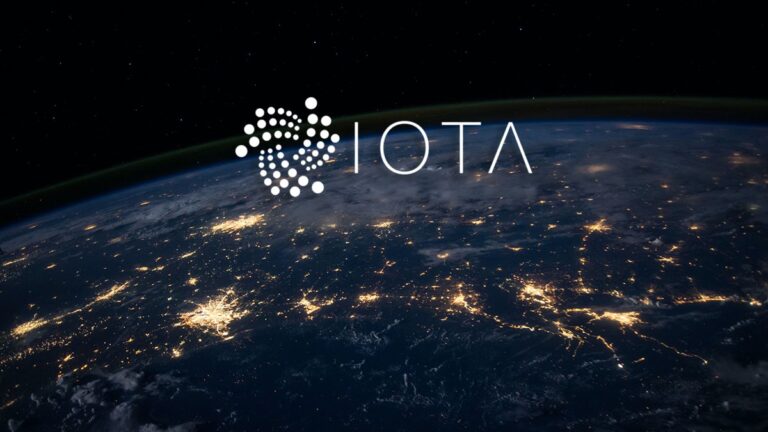India’s Central Bank Digital Currency (CBDC) Soars in the Call Money Market, Australia Explores Interoperability with NFTs

- India’s RBI tests its Central Bank Digital Currency (CBDC) within the call money market.
- Australia’s CBDC explores NFT interoperability, allowing it to operate across different blockchains.
In a significant move, the Reserve Bank of India (RBI) has initiated a testing phase for its Central Bank Digital Currency (CBDC) within the call money market. This market serves as a hub where financial institutions can access short-term funds, either by borrowing or lending, typically for a one-day duration. This initiative, which commenced in November 2022, initially involved nine prominent banks, and they continue to lead the way in this experimental phase. The progress has been smooth and timely, aligning with the expectations set by RBI’s Executive Director, Ajay Kumar Choudhary.
While India’s foray into the CBDC landscape is indeed noteworthy, it’s crucial to view it in a global context. Countries like China have been proactive in this arena, with the digital yuan already undergoing testing with both its citizens and tourists.
Mastercard enhances the adaptability of the Australian Central Bank Digital Currency
Shifting our focus to Australia, we witness intriguing developments in the world of CBDCs. Mastercard, in partnership with Cuscal and Mintable, is pioneering innovative applications for the Australian CBDC. This digital currency is now capable of interoperating across various blockchains, greatly enhancing its potential for use in commerce. This initiative is part of a broader research effort led by the Reserve Bank of Australia (RBA) and the Digital Finance CRC (DFCRC).
One particularly fascinating application is the ability to acquire Non-fungible tokens (NFTs) on the Ethereum blockchain using the Australian CBDC. Imagine a scenario where a specific amount of the CBDC is “locked” within the RBA platform, simultaneously generating an equivalent amount of wrapped Ethereum (ETH). Richard Wormald, representing Mastercard in the Australasia division, shed light on this groundbreaking development, emphasizing the growing consumer interest in conducting transactions across multiple blockchain networks.
However, the global momentum behind CBDCs is not without its challenges. There’s a growing debate about the privacy implications of these digital currencies. Critics argue that CBDCs might grant governments unprecedented visibility into individual spending habits, potentially enabling them to block specific transactions at their discretion.
As the world continues to embrace the era of digital currencies, these developments in India and Australia serve as crucial milestones in the evolving landscape of blockchain and finance.











